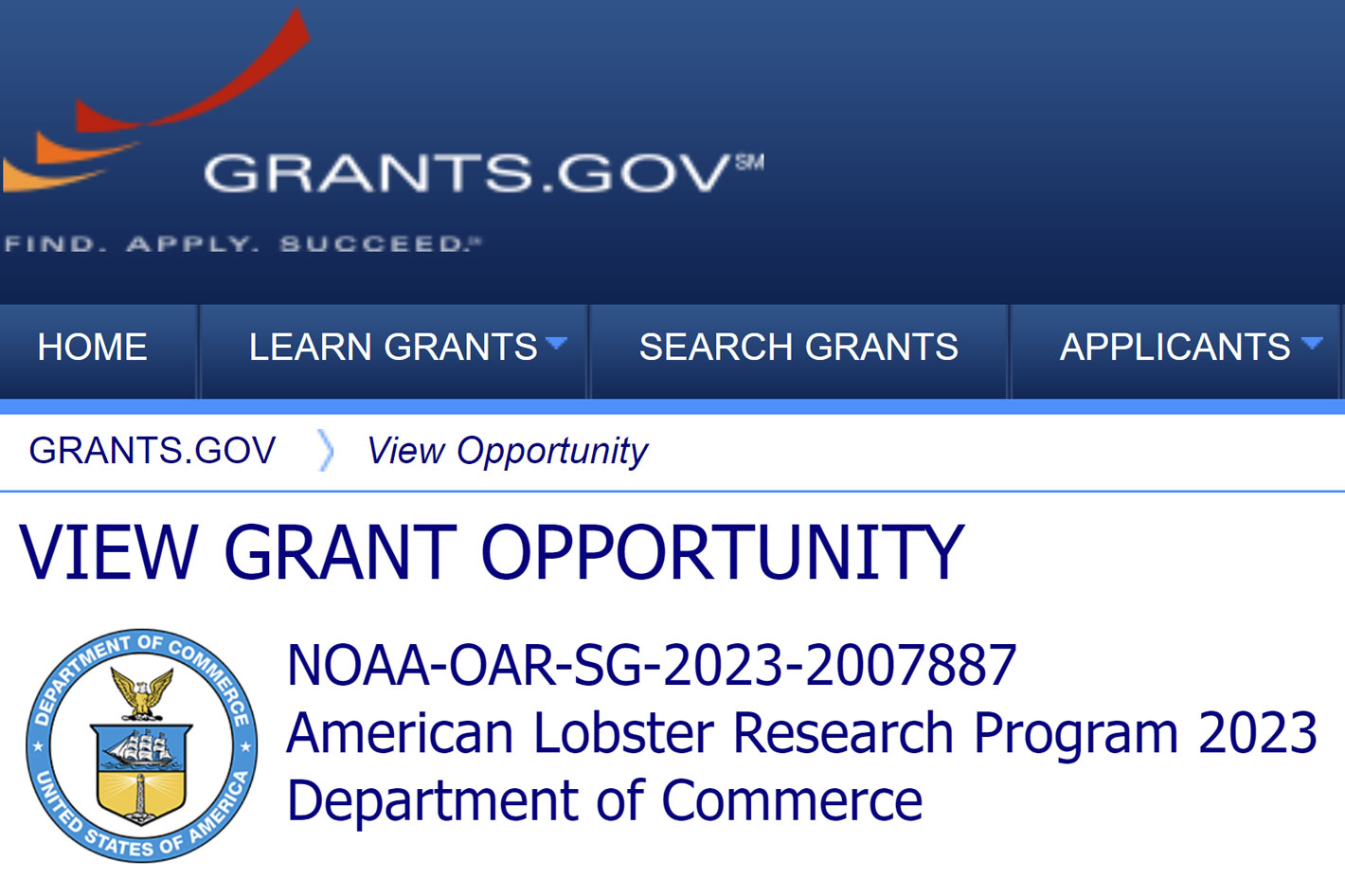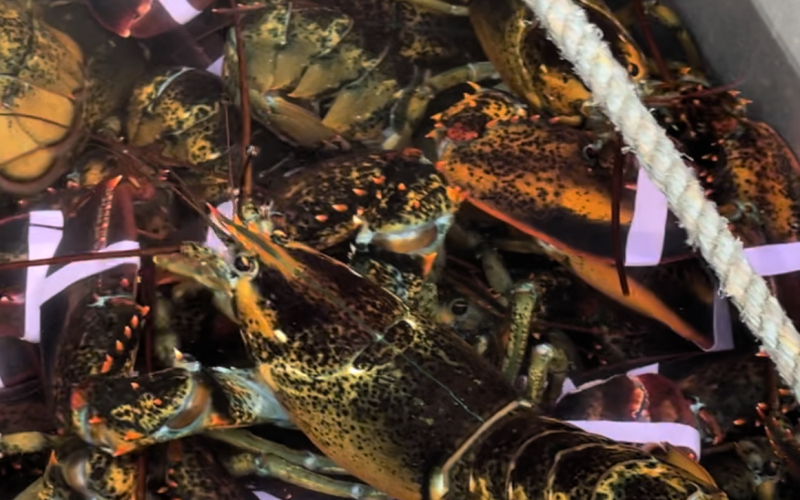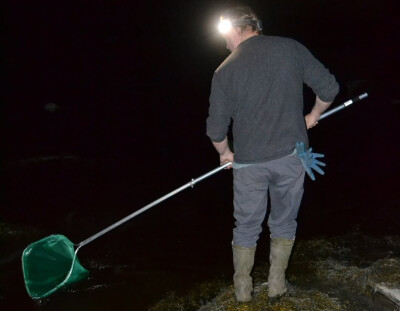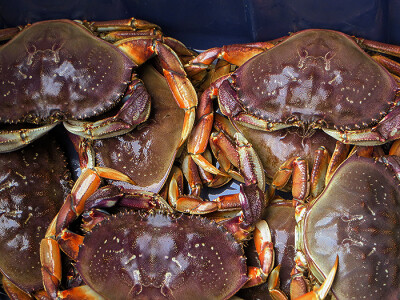Sea Grant is accepting applications for the American Lobster Research Program 2023. Applications must be submitted to Grants.gov until May 10, 2023.
Sea Grant announced the launch of the American Lobster Research Program 2023, which will support collaborative projects that address priority research needs to enhance the understanding of and address impacts to the American lobster fishery.
According to Sea Grant “applications are sought from research teams and encourage partnerships between industry, state agencies, and/or academia that address population dynamics, including but not limited to distribution and abundance in regards to ecosystem changes; life history parameters, including but not limited to temperature effects, ocean acidification, and other changing climate conditions; species interactions and behavior; and/or social, behavioral, or economic research including but not limited to impact studies, assessments, and policy analyses regarding measures under consideration for inclusion in the Atlantic Large Whale Take Reduction Plan."
The institution says the program aims to address impacts to the American lobster fishery in the Gulf of Maine, Georges Bank, and southern New England, and applications must be submitted to Grants.gov by 11:59 p.m. Eastern time May 10, 2023. Eligible applicants are any individual; any public or private corporation, partnership, or other association or entity (including any Sea Grant College, Sea Grant Institute or other institution); or any State, political subdivision of a State, Tribal government or agency.
The research program now announced will provide essential information for a clear understanding of the actions that must be implemented going forward. In Maine, where approximately 80 percent of the commercially harvested lobster are landed, the value of the 2021 harvest set a record.
But there is cause for concern. According to the Department of Commerce “while the Atlantic States Marine Fisheries Commission’s 2020 stock assessment indicated record high stock abundance in the Gulf of Maine and Georges Bank, analyses of landing data from the state of Maine show a downward trend from a high in 2016 of 132 million pounds to an average annual 102 million pounds from 2019 to 2021."
As ecosystem changes persist, the Department of Commerce says, “the Gulf of Maine warms at a rapid rate, and southern New England continues to experience low abundance and recruitment failure, it is imperative that research, data, observations, and application are needed to understand and inform the current state and also prepare for the future state of the American Lobster fishery.”
 Offshore wind energy and the lobster industry
Offshore wind energy and the lobster industry
The American lobster fishery’s sustainability relies not only on the ecological understanding of the species, notes the document, “but also the economic resiliency of the industry. Expanding uses of the marine environment such as offshore wind energy development and regulatory uncertainties related to the Atlantic Large Whale Take Reduction Plan have introduced the potential for significant socio-economic impacts to the lobster industry."
These changes “affect how and where the lobster industry operates, placing additional pressures on fishing communities and a continued need to understand the biological and human dimensions of this significant fishery.
"Research approaches that examine the social, behavioral, and economic implications of and adaptations to ecosystem and/or regulatory changes are important to enhance community resiliency and fill a knowledge gap for resource managers in need of research and data to inform integrated approaches to complex marine issues.”
Sea Grant anticipates having up to $2 million dollars to fund a diversity of projects with funding requests up to $500,000 in fiscal year 2023. Projects may be one or two years in duration with a maximum of two years. Non-federal matching funds equal to at least 50 percent of the federal funding request must be provided.
Sea Grant is a federal-university partnership program that brings science together with communities for solutions that work. The National Sea Grant College program was established by the U.S. Congress in 1966 and works to create and maintain a healthy coastal environment and economy.
The Sea Grant network consists of a federal/university partnership between the National Oceanic and Atmospheric Administration (NOAA) and 34 university-based programs in every coastal and Great Lakes state, Puerto Rico, and Guam. The network draws on the expertise of more than 3,000 scientists, engineers, public outreach experts, educators and students to help citizens better understand, conserve and utilize America's coastal resources.







